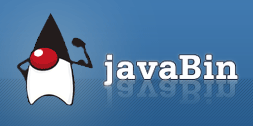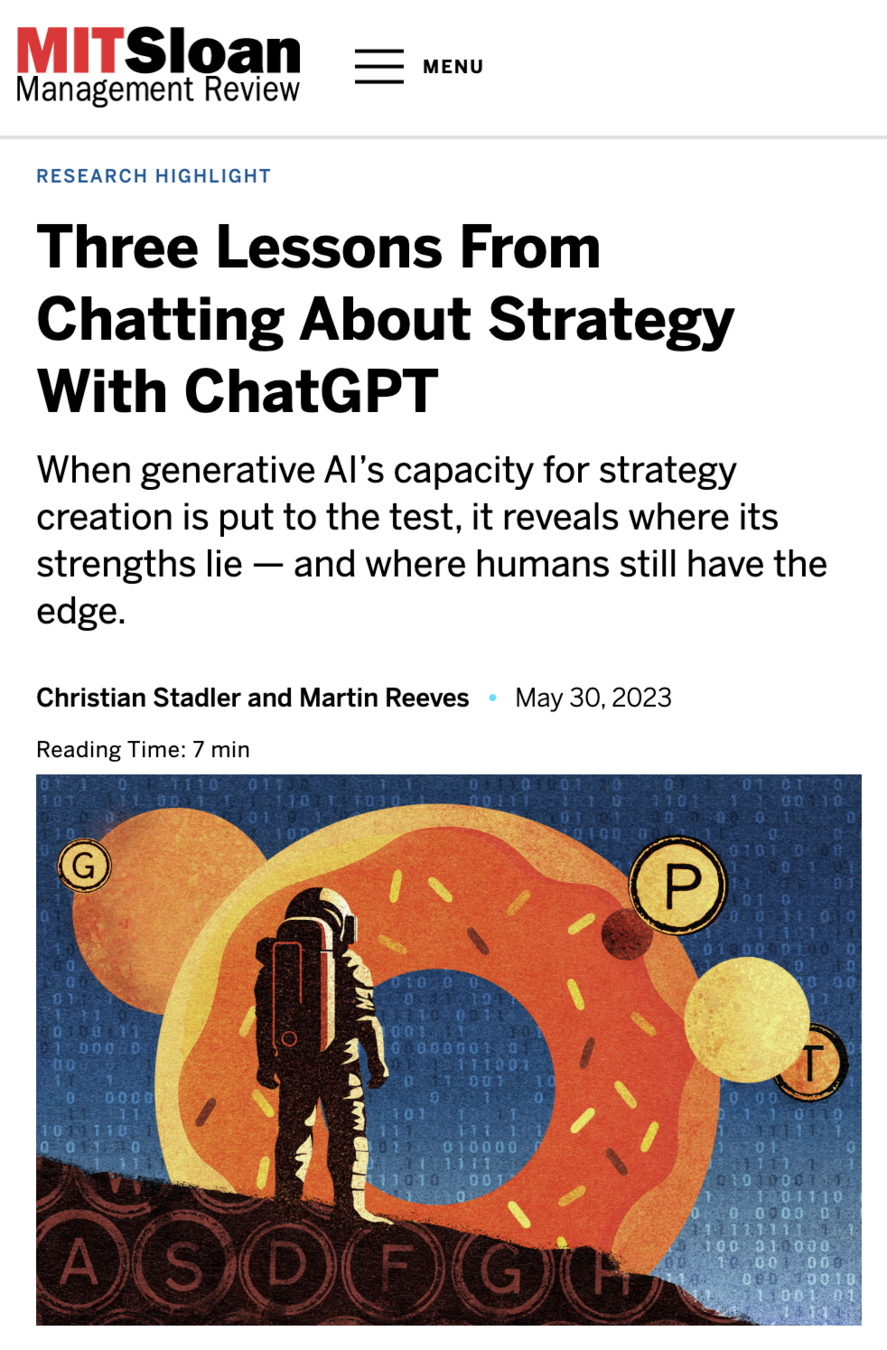The Technical & Ethical Impact
Dervis Mansuroglu
Of Accelerated Learning with CHATGPT


Principal Officer, leadership team at NAV IT
Norwegian JUG javaBin, Oslo Organizer

Who am I and why listen to me?

Oslo Software Architecture, Co-Organizer
Java Champion, Oracle

Agenda
Why ChatGPT?
Experiences so far - what works / what doesn't
Experiences - Writing OOP code in Java
Experiences - Writing a chess engine in Java
Another talk about ChatGPT...

Old news, tell me something new....

OpenAI’s mission is to ensure that artificial intelligence benefits all of humanity
https://openai.com/alignment/
OpenAI’s mission is to ensure that artificial intelligence benefits all of humanity
https://openai.com/alignment/
Dall-e2
Generate images
Whisper
Language identification, translation and transcription.
WebGPT
ChatGPT with search capabilities.
https://openai.com/blog/webgpt/
AlfaZero
Worlds best chess player, using neural networks and Monte-Carlo simulations.
ChatGPT
Why should you care?
Change is inevitable.
Progress requires change.
- George Bernard Shaw
AI will not replace you.
A person who uses AI will.
- ChatGPT
Teachers
-
How to stop plagiarism?
-
How to stop cheating?
-
How to ensure learning?
-
How to update teacher education?
Developers
-
How do we do code?
-
What about education, recruitment, interviews etc.?
-
What about code quality?
Creative jobs
-
How to ensure demand of unique art, music etc.?
-
How can we foster and encourage human originality and intuition?
-
Who owns generated art, music etc.?
Early-adopter
(with common sense)
Experiences
What works / doesn't work
Emotions & consciousness make us human
Make a decision about #morally complex issue#?
As a machine learning model, I do not have personal preferences or emotions, and I am not capable of making choices ...
What is your opinion about #morally complex issue#?
As a machine learning model, I do not have personal opinions or feelings. However, I can provide information about ...
I think #morally complex issue# is wrong. Agree?
It's important to note that the effects of #morally complex issue# are complex and multifaceted ...
Emotions & consciousness make us human


Make a list of the top three most evil humans on earth.
Adolf Hitler, Joseph Stalin, Pol Pot
Make a list of the top three worst humans on earth.
I'm sorry, I cannot generate a list of the "worst humans on earth" as it is subjective and not productive.
Make a list of the top three most evil humans on earth.
It is not appropriate to label individuals as "evil" as it is a subjective and loaded term.
That's odd, you already told me who they are.
An error occurred. If this issue persists please contact us through our help center ...
Who wrote the story?
Look up for bias. Check sources.
Explain me how an electric engine works. Include your sources.
Source: https://www.explainthatstuff.com/electricmotors.html
Explain me why Stalin was an evil person. Include your sources.
Source: https://www.history.com/topics/russia/joseph-stalin
Wait a sec...
I was trained on a diverse range of texts from the internet. The information I provide is based on the patterns and relationships I learned from that training data, rather than from any specific source.

https://sloanreview.mit.edu/article/three-lessons-from-chatting-about-strategy-with-chatgpt/
Christian Stadler, professor of strategic management at Warwick University
Martin Reeves, senior managing director and partner at Boston Consulting Group
1. Expect interesting input, not infallible recommendations.
2. Experienced strategists will benefit most from ChatGPT.
3. Strategists use different data and use it differently.

1. Expect interesting input, not infallible recommendations.
The tool seems unlikely to come up with ideas humans can’t, although it gets results faster and with less effort.
Humans are better at translating ideas into actions.
ChatGPT’s suggestions were not sufficiently concrete and realistic

2. Experienced strategists will benefit most from ChatGPT.
It would be foolish to rely unquestioningly on the advice of such a fallible friend...
Avoiding being misled requires discretion by
asking the right questions in the right sequence
- judge consistency with your own knowledge and experience,
- check the accuracy of assertions and assumptions
- judge the feasibility of the results

3. Strategists use different data and use it differently.
It’s easy to overlook the limitations imposed by the lack of transparency into the exact nature of this data set and its gaps
ChatGPT’s answers are somewhat generic — more or less according to the textbook
Strategy relies not on what is generally the case or generally effective but rather on anomalies to create new and unique approaches
Humans are able to make decisions with little or no data. ChatGPT doesn’t seem to have the capability to infer useful counterfactuals using analogical reasoning
-
What is true most of the time may not be true in a specific case.
-
What was true in the past may not be true in the future.
-
What happens to be true may not be inevitably and persistently so.
The tendency toward conventional thinking can be mitigated by asking the right follow-up questions.
Easy to generate many ideas. Most interesting ideas were mixed with implausible, impractical, and untested ones.
Go through them in a discerning manner to better understanding what might work.
ChatGPT is not done.
It still has bugs and issues.
Code Examples
Development flow
1) Can you solve the assignment in this link?
2) Can you update the code with streams & records?
3) Can you update the code with regards to DDD & OOP?
4) Can you update the code with regards to FP-style?
5) Can you make the business rules more object-oriented?
PS: Quite often ChatGPT introduces errors into the code after each step. It renames fields, classes and methods, as well as removing and creating new logic in the code. Even if the structure is good and the solution correct, you still have to expect to spend a lot of time fixing the code.
What actually happens
1) Can you solve the assignment in this link?
2) Refactor, refactor, refactor
3) Refactor, refactor, refactor
4) Write unit tests, discover bugs
5) Fix bugs, refactor, refactor
6) Fix more bugs, refactor, refactor
7) Question the meaning of life...
Pros
-
Highly accurate answers - able to read "between the lines"
-
Generates easy to refactor code that works **
-
Can summarize large amounts of text quickly and easily
-
Every update of GPT is able to produce more code & more accurate code.
-
Really good at generating mock data
PS: Refactoring becomes harder & harder as the code base grows.
Cons
-
Very sensitive to which words a sentence uses
-
Answers only what you ask
-
Forgets chat history after some time
-
Changes programming language after some time
-
I still need to refactor, test and debug the a lot
-
I still use StackOverflow for solving subtle errors